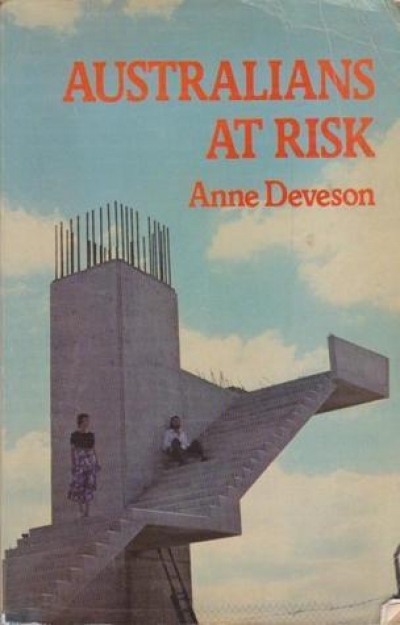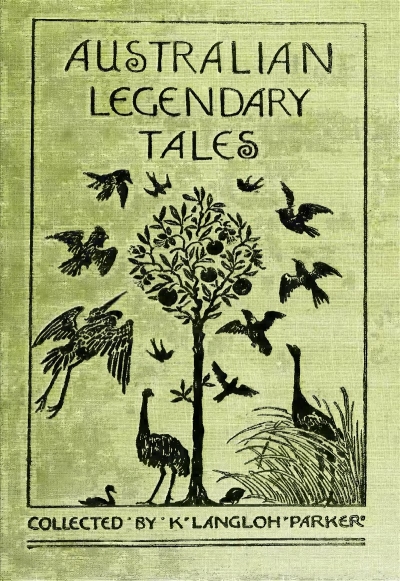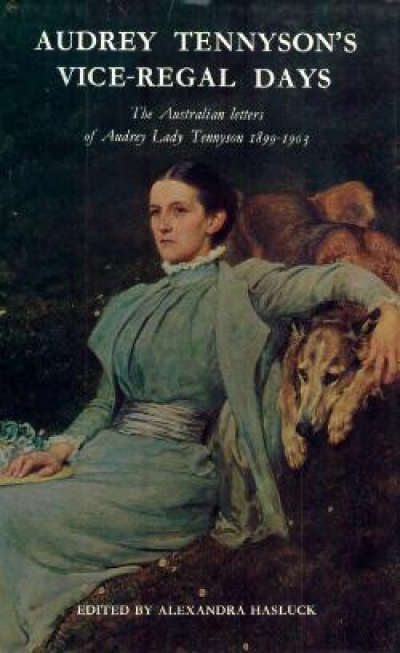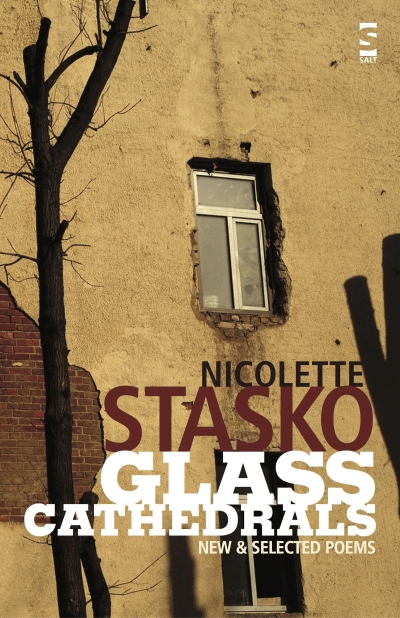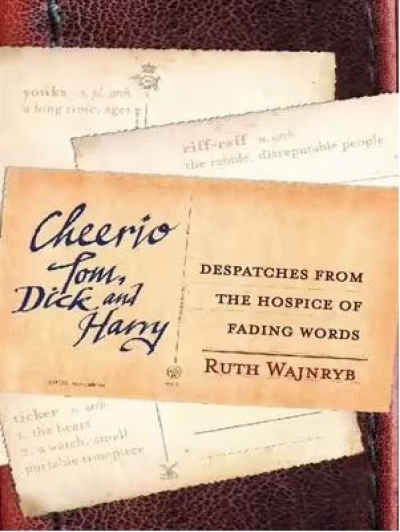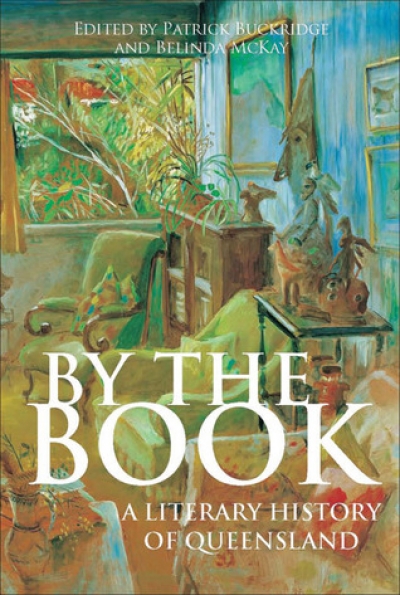Archive
Film | Theatre | Art | Opera | Music | Television | Festivals
Welcome to ABR Arts, home to some of Australia's best arts journalism. We review film, theatre, opera, music, television, art exhibitions – and more. To read ABR Arts articles in full, subscribe to ABR or take out an ABR Arts subscription. Both packages give full access to our arts reviews the moment they are published online and to our extensive arts archive.
Meanwhile, the ABR Arts e-newsletter, published every second Tuesday, will keep you up-to-date as to our recent arts reviews.
Recent reviews
Audrey Tennyson's Vice-Regal Days edited by Alexandra Hasluck
Apartheid in Shakespeare and other reflections by Sibnarayan Ray
Glass Cathedrals: New and selected poems by Nicolette Stasko
Cheerio Tom, Dick and Harry: Despatches from the hospice of fading words by Ruth Wajnryb
By the Book: A literary history of Queensland by Patrick Buckridge & Belinda McKay
Walt Whitman’s famous line ‘I sing the body electric’ could well serve as the epilogue to Etchings 2, whose dynamic offerings are gathered under the theme of connectivity and the generation of energy. indeed, being ‘wired’ has become a predominant feature of modern existence. This is obviously true of our relationship to the internet and of our addiction to instantaneous transactions and connections. Yet we are wired in other ways as well. To be wired is also to be anxious and edgy; it implies a disconnection, a nervous distance. The pieces showcased in Etchings 2 examine the multifariousness of this experience.
... (read more)Once neglected within the academy and relegated to the dustier recesses of public bookstores, biography has made a notable return over recent years, emerging, somewhat surprisingly, as a new cultural phenomenon, and a new academic adventure. In a move that’s perhaps indicative of this revival, the British bookseller Waterstones recently placed their biography section at the very front of their stores, renaming it boldly, LIFE. Biography has similarly taken prime position in our nightly television, with programmes such as Dynasties, Australian Story, Talking Heads and Enough Rope. It has bagged the front stalls in our cinemas, where the lives of Casanova and Kinsey, of Truman Capote and Elizabeth I, of Johnny Cash and Alexander the Great are played out on the big screen. In our public libraries, readers huddle over computer terminals, busily researching their family genealogies. The National Library of Australia is now constructing its new coordinated online resource for biographical researchers, the People’s Portal, and has recently launched its latest publishing venture, a series of titles devoted to (what else?) Australian Biography.
... (read more)
